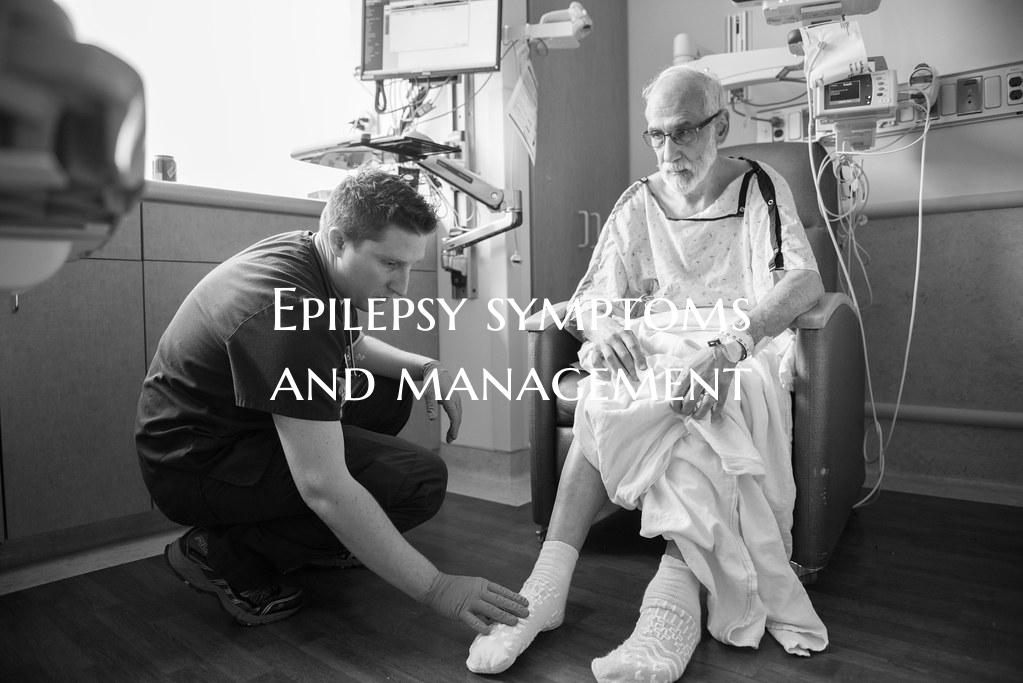
Epilepsy symptoms and management
Epilepsy Symptoms and Management: Understanding the Condition
Epilepsy is a neurological disorder characterized by recurrent seizures that can vary in intensity and frequency. Understanding the symptoms and effective management techniques are crucial for individuals living with epilepsy and their caregivers.
Symptoms of Epilepsy: 1. Seizures: The hallmark symptom of epilepsy, seizures can manifest in various ways, including convulsions, staring spells, or temporary confusion. 2. Loss of Consciousness: Some individuals with epilepsy may experience a loss of consciousness during a seizure, while others may remain aware of their surroundings. 3. Uncontrollable Movements: Seizures can result in uncontrollable movements of the body, such as jerking of the limbs or repetitive motions. 4. Sensory Changes: Epileptic seizures can also lead to sensory changes, including visual disturbances, strange smells, tastes, or feelings of déjà vu. 5. Emotional Symptoms: Mood changes, anxiety, or fear may precede or follow a seizure in some individuals with epilepsy.
Management of Epilepsy: 1. Medical Treatment: The primary approach to managing epilepsy involves medication to control seizures. Antiepileptic drugs are commonly prescribed to help reduce the frequency and intensity of seizures. 2. Lifestyle Modifications: Adopting a healthy lifestyle, including regular exercise, adequate sleep, stress management, and avoiding known triggers, can help in reducing seizure frequency. 3. Seizure Response Planning: Individuals with epilepsy and their caregivers should have a detailed plan for responding to seizures, including how to ensure safety during an episode. 4. Regular Monitoring: Regular visits to a neurologist are essential for individuals with epilepsy to monitor their condition, adjust medications as needed, and address any concerns. 5. Seizure Diary: Keeping a seizure diary can help track patterns, triggers, and responses to medications, assisting in better management of the condition.
Living with epilepsy requires a proactive and holistic approach to symptom management. By understanding the symptoms, seeking appropriate medical care, and making necessary lifestyle adjustments, individuals with epilepsy can lead fulfilling lives while effectively managing their condition. Vigilance, support from healthcare professionals, and a strong support system are key to successfully managing epilepsy.